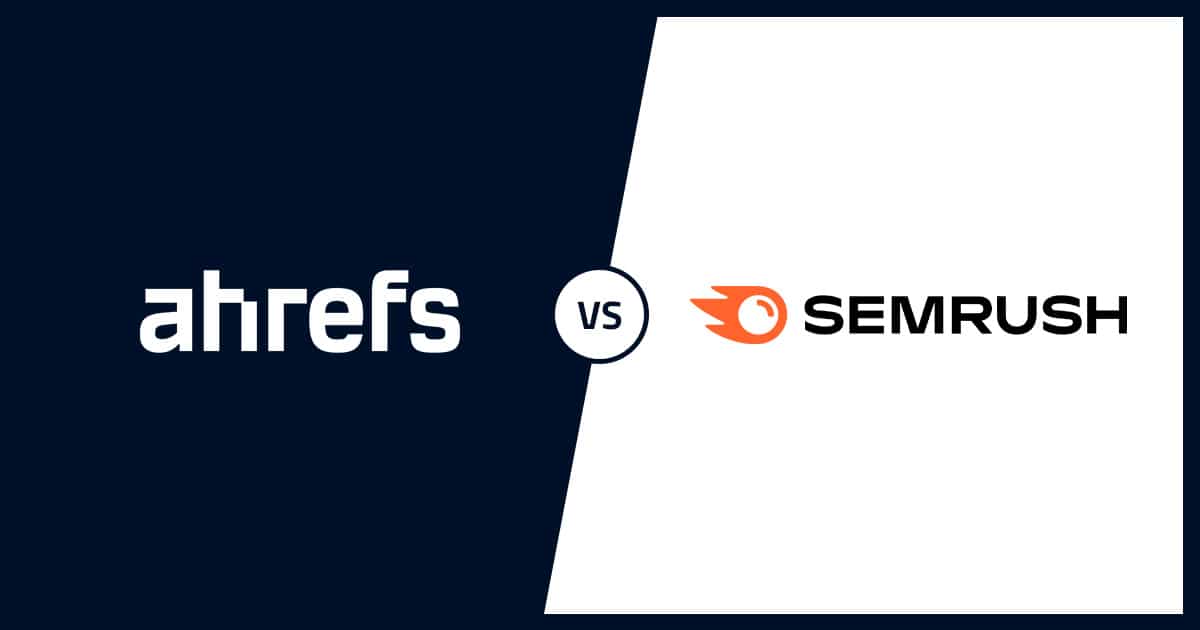Estimated reading time: 4 minutes
In the dynamic landscape of search engine optimization (SEO), Technical SEO plays a crucial role in ensuring that a website is not only visible to search engines but also provides a seamless and user-friendly experience. Technical SEO involves optimizing the technical aspects of a website to enhance its search engine visibility and overall performance. In this article, we will delve into the various types of Technical SEO and explore how each contributes to the success of a website in search engine rankings.
Website Speed Optimization
Website speed is a critical factor in both user experience and search engine rankings. Slow-loading websites can result in higher bounce rates and lower search engine rankings. Technical SEO, in this context, involves optimizing various elements such as images, CSS, JavaScript, and server response times. Techniques like browser caching, content delivery network (CDN) integration, and minimizing HTTP requests are employed to enhance website speed.
Mobile Optimization
With the increasing use of mobile devices, search engines prioritize mobile-friendly websites. Mobile optimization in Technical SEO involves creating responsive web designs, ensuring that the website’s layout and content adapt seamlessly to different screen sizes. Google’s mobile-first indexing further emphasizes the importance of mobile optimization in achieving higher search engine rankings.
Website Structure and URL Optimization
An organized and well-structured website not only improves user experience but also aids search engines in understanding the content hierarchy. Technical SEO includes optimizing URL structures, using descriptive and keyword-rich URLs, and creating a logical site structure through proper navigation. This helps search engines crawl and index the website efficiently.
Canonicalization
Canonicalization is the process of specifying the preferred version of a URL when multiple versions of the same content exist. This is crucial to avoid duplicate content issues, which can negatively impact search engine rankings. Technical SEO involves implementing canonical tags to indicate the preferred version of a page, consolidating link equity and preventing dilution.
Schema Markup
Schema markup is a structured data markup that helps search engines better understand the content on a webpage. It provides additional context about the information on the page, enabling search engines to display richer and more informative results, known as rich snippets. Technical SEO experts implement schema markup to enhance the visibility and relevance of content in search engine results pages (SERPs).
XML Sitemaps and Robots.txt Optimization
XML sitemaps help search engines understand the structure of a website and index its pages more efficiently. Technical SEO involves creating and optimizing XML sitemaps to include essential pages and help search engines prioritize content. Additionally, optimizing the robots.txt file allows webmasters to control which parts of the site search engines can crawl and index.
SSL Certificate Implementation
Secure Socket Layer (SSL) certificates play a crucial role in website security and user trust. Search engines, particularly Google, prioritize secure websites by giving them a slight ranking boost. Technical SEO includes implementing SSL certificates to enable HTTPS protocol, ensuring a secure and encrypted connection between the user’s browser and the website server.
Page Load Time and Core Web Vitals
Page load time is a critical factor in both user experience and search engine rankings. Core Web Vitals, a set of user-centric performance metrics introduced by Google, include factors such as Largest Contentful Paint (LCP), First Input Delay (FID), and Cumulative Layout Shift (CLS). Technical SEO involves optimizing these metrics to ensure a fast, interactive, and visually stable user experience.
In the ever-evolving landscape of SEO, Technical SEO remains a cornerstone for website success. The types of Technical SEO discussed above are interconnected and collectively contribute to a website’s performance in search engine rankings. By focusing on website speed, mobile optimization, structure, canonicalization, schema markup, XML sitemaps, SSL implementation, and Core Web Vitals, webmasters and SEO professionals can create a solid technical foundation for improved visibility and user experience. Staying abreast of industry updates and search engine algorithm changes is essential to adapt Technical SEO strategies and maintain a competitive edge in the online space.
For the latest tech news and reviews, follow Rohit Auddy on Twitter, Facebook, and Google News.







